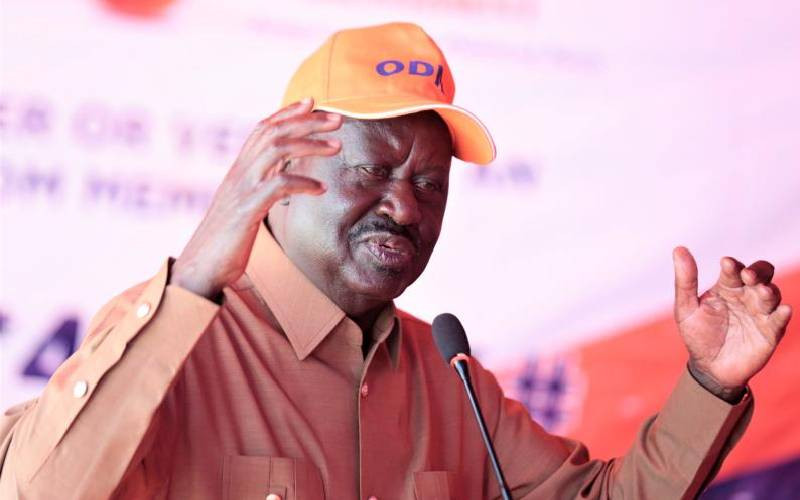×
The Standard e-Paper
Home To Bold Columnists

The declaration by Opposition leader Raila Odinga that he will go for the chairmanship of the African Union Commission has excited many Kenyans across the political divide.
However, the reactions are largely political and not what Raila can do, if he gets the job, to enable Kenya and Africa realise their aspirations.